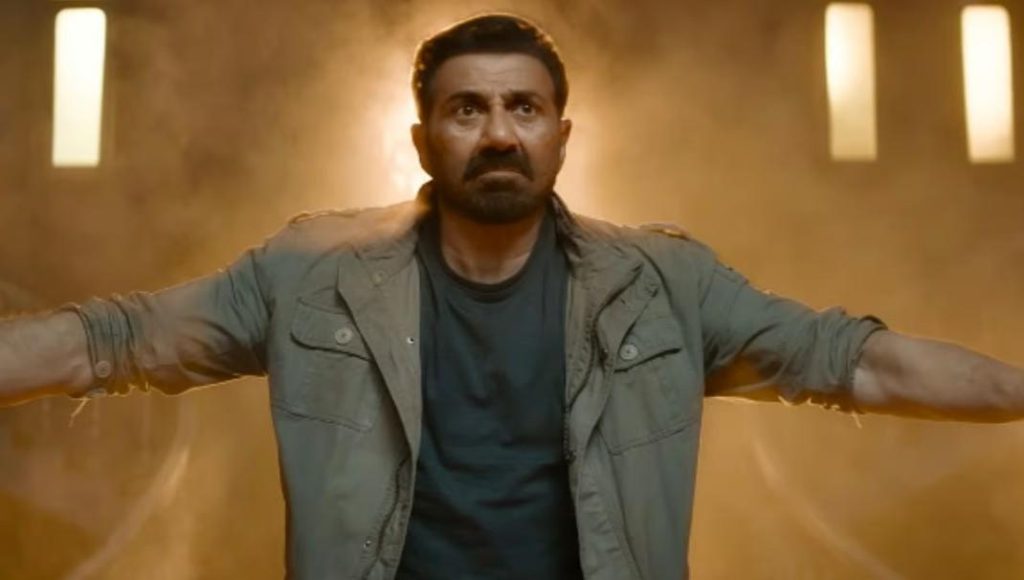
CBFC Censors Abuses in Deol’s Jaat, Suggests Changes in 22 Scenes
The Central Board of Film Certification (CBFC) has been in the news lately for its strict guidelines on Indian films. Recently, the censor board has asked the makers of Sunny Deol’s latest film, Jaat, to make changes in 22 scenes. According to reports, the CBFC was not pleased with the use of explicit language in the film and asked the producers to remove the cuss words and replace them with appropriate terms.
Jaat, directed by Nitin Kakkar, is an action-thriller that stars Sunny Deol, Manisha Koirala, and Saurabh Shukla in key roles. The film was released in theaters on April 10 and has been receiving mixed reviews from critics and audiences alike. However, the CBFC’s decision to ask for changes in 22 scenes has raised eyebrows in the film industry.
According to sources, the CBFC was particularly unhappy with the use of explicit language in the film. Reportedly, the cuss words were replaced with ‘Nikamma’ and ‘Besharmo’, which means ‘worthless’ and ‘shameless’ respectively. It is unclear why the CBFC decided to replace the cuss words with these terms, but it is likely that they wanted to maintain a certain level of decorum and decency in the film.
The CBFC’s decision to ask for changes in 22 scenes is not the first time that the board has taken issue with a film. In recent years, there have been several instances where the CBFC has asked for changes in films to comply with its guidelines. For example, in 2019, the CBFC asked for changes in the film ‘Udta Punjab’ to remove scenes that it deemed offensive. Similarly, in 2018, the CBFC asked for changes in the film ‘Lipstick Under My Burkha’ to remove scenes that it deemed explicit.
The CBFC’s decision to ask for changes in Jaat has raised questions about the board’s role in the film industry. Some argue that the CBFC has too much power and that its decisions are often arbitrary and subjective. Others argue that the CBFC is necessary to maintain a certain level of decency and decorum in Indian films.
In recent years, there have been several instances where films have been banned or heavily edited to comply with the CBFC’s guidelines. For example, in 2017, the CBFC banned the film ‘Indu Sarkar’ for its portrayal of Indira Gandhi. Similarly, in 2016, the CBFC heavily edited the film ‘MSG: The Messenger’ to remove scenes that it deemed offensive.
The CBFC’s decision to ask for changes in Jaat has also raised questions about the film’s commercial viability. The film was released in theaters on April 10 and has been receiving mixed reviews from critics and audiences alike. However, the CBFC’s decision to ask for changes in 22 scenes may have impacted the film’s box office performance.
In conclusion, the CBFC’s decision to ask for changes in 22 scenes in Jaat is just the latest example of the board’s strict guidelines on Indian films. While some argue that the CBFC has too much power, others argue that it is necessary to maintain a certain level of decency and decorum in Indian films. Regardless, the CBFC’s decision has raised questions about the film’s commercial viability and has sparked a debate about the role of the censor board in the film industry.






